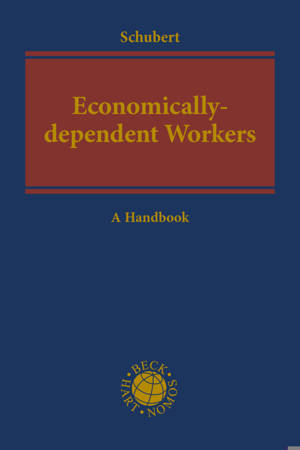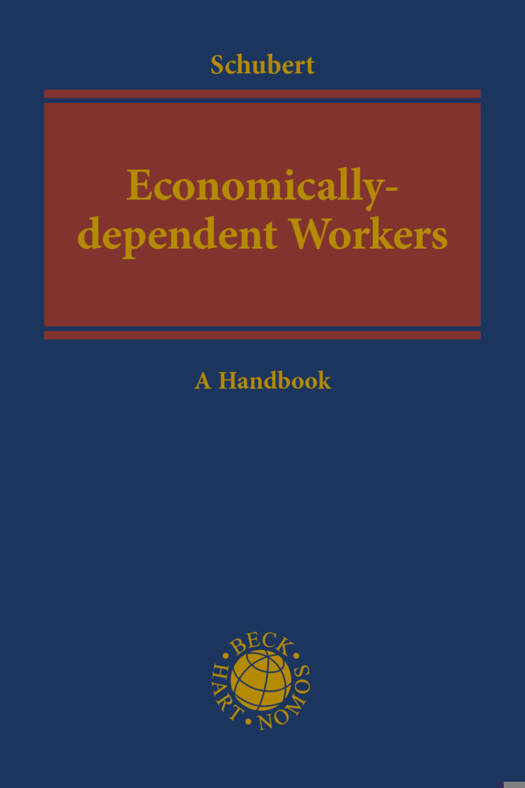
- Afhalen na 1 uur in een winkel met voorraad
- Gratis thuislevering in België vanaf € 30
- Ruim aanbod met 7 miljoen producten
- Afhalen na 1 uur in een winkel met voorraad
- Gratis thuislevering in België vanaf € 30
- Ruim aanbod met 7 miljoen producten
Zoeken
Economically-dependent Workers as Part of a Decent Economy
International, European and Comparative Perspective. A Handbook
Claudia Schubert
€ 151,95
+ 303 punten
Omschrijving
Traditionally, labour law focuses on employment contracts. The legal analysis of the working world is based on the distinction between employees and self-employed. However, in addition to this traditional dichotomy a significant number of European countries provide specific legal protection for so-called economically-dependent workers; hereby acknowledging that there are workers, who are personally independent, but nonetheless require social protection. This development has begun long before the digitalisation started blurring the boundaries of typical employment relationships. Still, recent developments have resulted in demands for the extension of labour laws to platform workers putting the topic on the agenda; whilst in the past, economically-dependent workers have played only a minor role in labour law developments. Wrongly, because their protection plays a vital role in creating a differentiated economy with adequate working conditions and a decent standard of social security for its various players. This book contains eleven country reports that outline the legal bases for the protection of economically-dependent workers in labour and social security law. In addition, a comparative analysis explores the characteristics of such workers and the regulatory models for their legal protection as well as pointing out protection gaps. Further contri-butions evaluate the impact of international law and European law on the legal protection of economically-dependent workers and high-light the need for future developments.Advantages at a glanceCompact information on economically-dependent workers in Austria, France, Germany, Ireland, Italy, the Netherlands, Portugal, Slovenia, Spain, Sweden, and the UK Comprehensive analysis of ILO law and RESC Further analysis of EU law
Specificaties
Betrokkenen
- Auteur(s):
- Uitgeverij:
Inhoud
- Aantal bladzijden:
- 331
- Taal:
- Engels
- Reeks:
Eigenschappen
- Productcode (EAN):
- 9783848785711
- Uitvoering:
- Hardcover
- Afmetingen:
- 171 mm x 28 mm
- Gewicht:
- 865 g

Alleen bij Standaard Boekhandel
+ 303 punten op je klantenkaart van Standaard Boekhandel
Beoordelingen
We publiceren alleen reviews die voldoen aan de voorwaarden voor reviews. Bekijk onze voorwaarden voor reviews.







